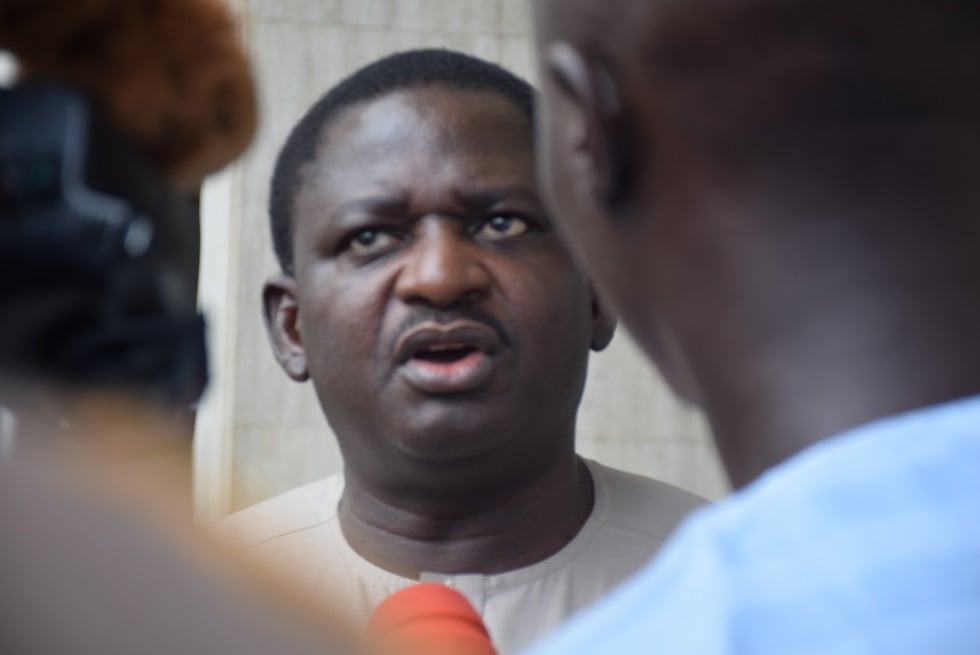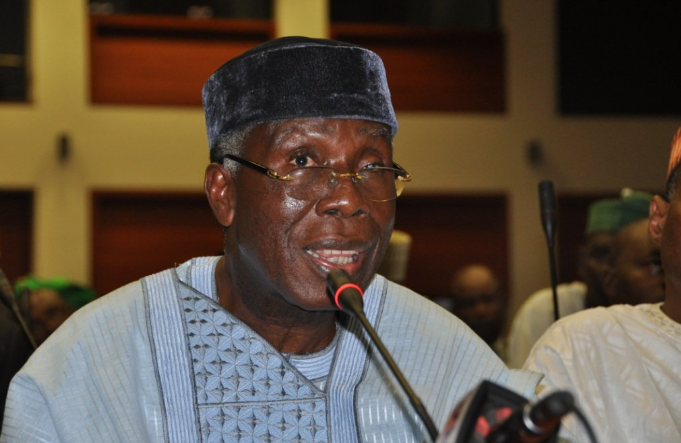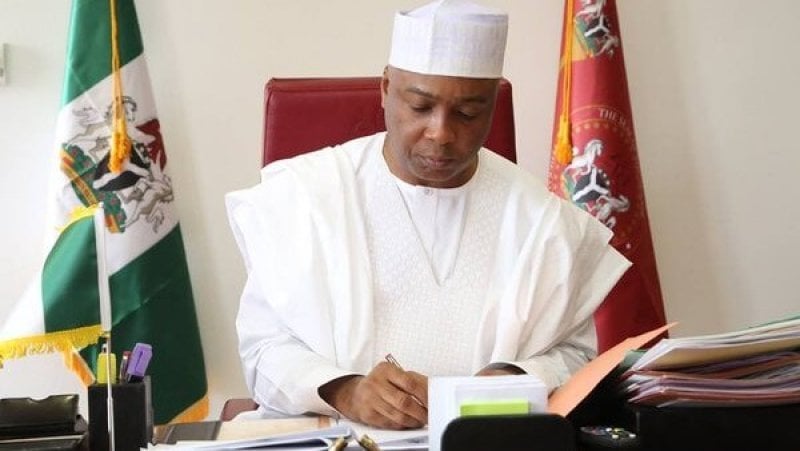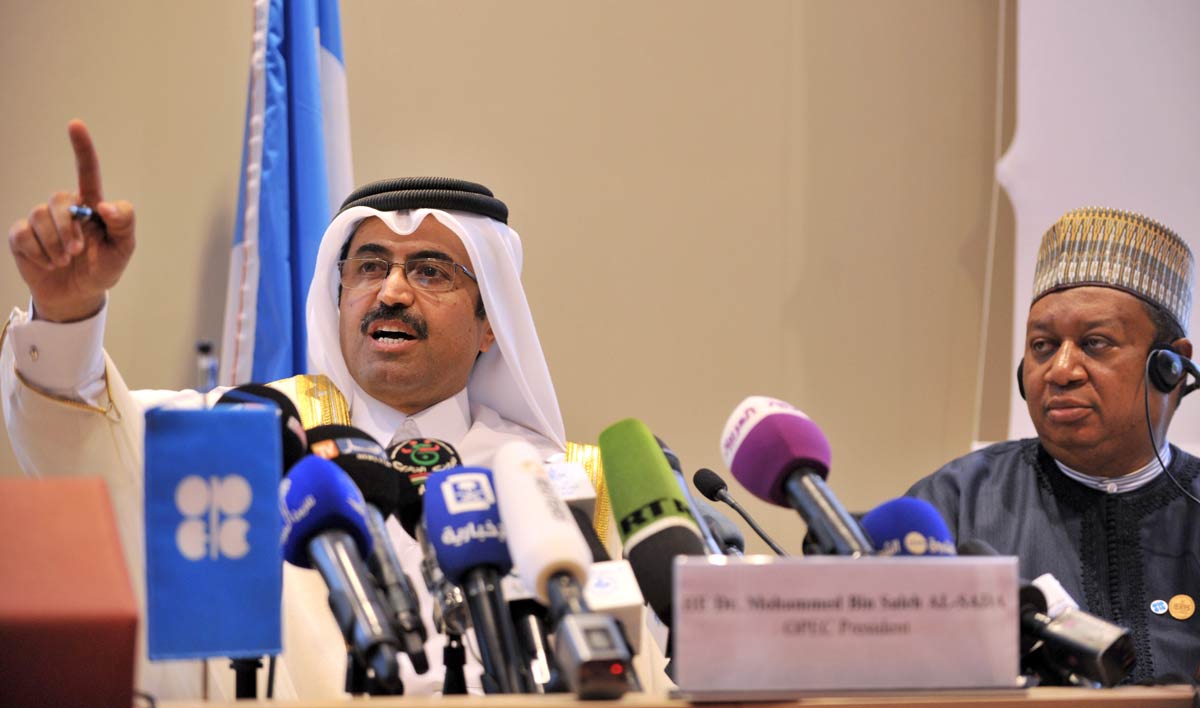BY JAMES SWAM
The grinning, soft-spoken and gentle erstwhile columnist and current special adviser on media and publicity to our dear president, Femi Adesina, was ceremoniously applauded in the inner cycle of government and the ruling party, for his heroic article published on 22 July, 2017 captioned: President Muhammadu Buhari and the descendants of Shimei.
For non-practitioners of public relations, the piece – a critique of the vituperative commentaries on the president’s health saga by those he labeled “filthy dreamers” and “scumbags”, was a superb narrative. However, when subjected to critical PR analysis, the article was deficient in reputation management. Simply, Adesina premised his response on a wobbled strategy that fiercely negates the principles of the profession.
Obviously, a spokesperson should generally not join the club of those trading in unrefined, indiscreet and impolite expressions if he comprehends that his job revolve around reputation and brand management.
Advertisement
The reason, and perhaps the only reason the spokesperson’s office was invented by American President, Franklin D. Roosevelt in the 1930s, was to have someone who will speak on his behalf to the media; to publicize government policies and programmes effectively and efficiently. The reason was and is still NOT to denigrate, blight or abuse critics of government.
Adesina seemed provoked and brokenhearted by the unrelenting criticisms of their (him and the cabal) poor handling of information on the president’s health. If he was still writing his column, would he not have asked the same questions on the president’s true state of health? Would he not have argued that Nigerians, who pay the bills, deserve to be told what’s wrong with their president?
When government channels deliberately starve the society of information on sensitive issue, the rumour mills spontaneously become “an anti-traffic lobby for advice and communication” in the society. In the business of information management, we’re taught not to create information vacuum because it serve as invitation to non-professionals to play our vital role albeit sloppily.
Advertisement
The UK’s Chartered Institute of Public Relations (CIPR) reminds us that “public relations is the discipline which looks after reputation, with the aim of earning understanding and support and influencing opinion and behaviour.” From all indications, Adesina’s article did not conform to above proclamation on change of public perception.
What he did instead was to set agenda for more criticisms, and opened doors to more enemies for the administration and his boss whom he metaphorically likened to a man of “judgment” who can do “what Abishai had long wanted to do…to Shimei,” behead critics.
Numerous scholars have propounded theories and models to guide public relations practitioners on how best to cultivate friendship in the society and turn bad situation to good projects. Frank Jefkins’ PR Transfer Process model in which he highlighted four negative situations and four positive achievements is worth mentioning.
The model pointed out that “hostility, prejudice, apathy and ignorance” are negative situation which can be converted to positive achievements among publics of organizations (government). But to achieve the feat, Jefkins noted that PR tools and strategies must be deployed to create understanding such that opinions and attitude of publics can be converted from hostility to sympathy, from prejudice to acceptance, from apathy to interest and from ignorance to knowledge.
Advertisement
Professionally, Adesina’s hostility towards critics (publics) of government is groundless. In PR, public opinion is indispensable and a sine qua non to efficient campaign planning and execution. PR scholar Anne Gregory in her book: Planning and managing public relations campaign explained that “what practitioners are trying to do in public relations is shift the balance of opinion of the various publics interacted with in favour of their organization.”
The professor of PR said a practitioner has a duty to identify those publics that require information on a particular problem, and provide the information. Unfortunately, the special adviser failed woefully in this regard. He didn’t exhibit understanding of the impact of public opinion on serious national issues and the role of communication in solving it.
Finally, gauging public opinion should help a practitioner determine and formulate strategic communication plan that could alter behaviour of publics from negative to positive perspective. When that is achieved, you would have created understanding and build remarkable bridges of friendship among your publics. PR should ignite the fire of publicity, and not to dim it.
Swam is the Secretary, Nigerian Institute of Public Relations, NIPR, in Kaduna State and former Press Secretary to Kaduna State Deputy Governor.
Advertisement
Add a comment






